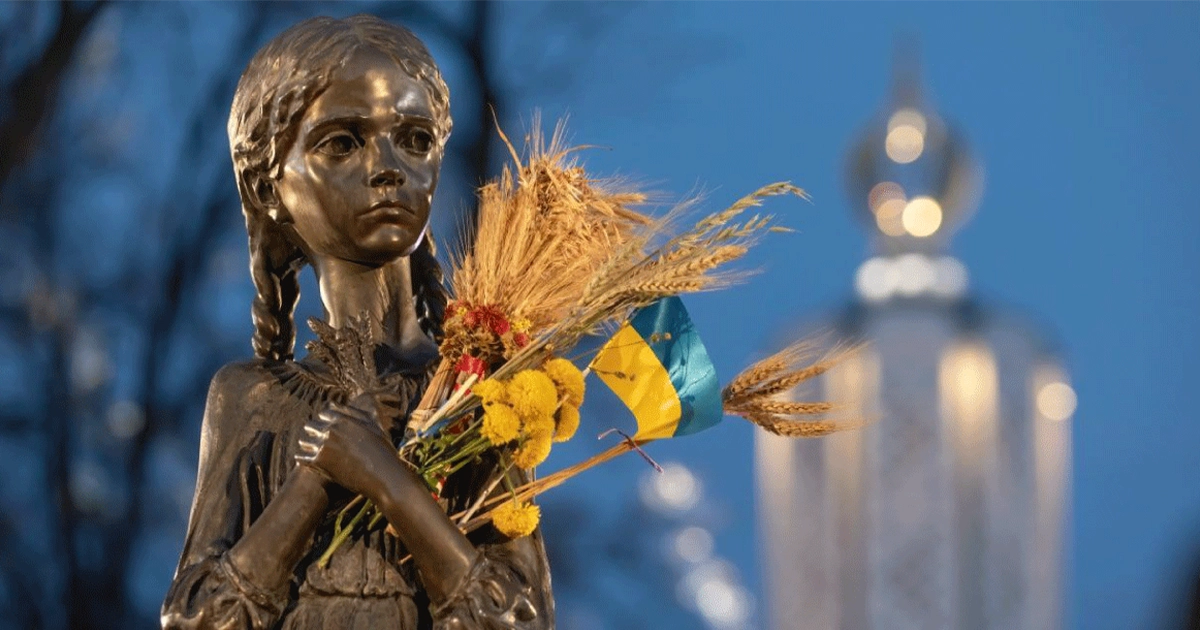Today, on November 23, Ukraine marks the Holodomor Remembrance Day. Every year on the fourth Saturday of November, Ukrainians remember millions of innocent people who died as a result of artificially created famines.
Source: ukrinform
Traditionally, at 16:00, candles of remembrance are lit throughout the country, and memorial services are held in churches. In Kyiv and other cities, memorial events, exhibitions, and lectures are held to commemorate the tragedy that left a deep mark on the history of the Ukrainian people.
Three Holodomors of the twentieth century: facts of the tragedy
Ukraine experienced three large-scale famines: 1921-1923, 1932-1933, and 1946-1947. The most terrible of these was the Holodomor of 1932-1933, which was deliberately organized by the Soviet regime and recognized as an act of genocide. According to various estimates, it took the lives of about 4 million people.
The famine of 1932-1933 was deliberate: the Soviet authorities confiscated grain, food, and other resources, effectively condemning the peasants to death. The policy of confiscation, the ban on leaving the famine-affected areas, and repressions against “kulaks” and other “enemies of the people” became tools aimed at suppressing Ukrainian resistance. It was not only a humanitarian catastrophe, but also an attempt to destroy the foundation of the Ukrainian nation-the rural population.
For a long time, the topic of the Holodomor was a taboo in the USSR, and research on this tragedy began only in the late 1980s. In 2006, the Verkhovna Rada of Ukraine officially recognized the Holodomor of 1932-1933 as genocide. As of today, 33 countries have supported this recognition.
The impact of the Holodomor on the present
The Holodomors left a deep scar in the collective memory of Ukrainians that is still felt generations later. Demographic losses, destroyed traditions, and the trauma of violence have a lasting impact.
Scholars emphasize that because of the Holodomor of 1932-1933, the natural population growth in Ukraine has not yet recovered, and the regions that suffered the most from the famine still demonstrate lower socioeconomic indicators.
In addition, the Holodomor taught Ukrainians to value freedom, independence, and the right to choose. Russia’s current war against Ukraine is a reminder of attempts to repeat genocidal policies. As stated in the PACE resolution on the anniversary of the Holodomor, today’s struggle for independence of Ukrainians has a deep connection with the past. The recognition of the Holodomor as genocide in the world strengthens international support for Ukraine in its confrontation with the aggressor.
The memory of the Holodomor not only unites Ukrainians in grief, but also reminds them of the need to protect freedom and human dignity. On this day, Ukrainians remember not only the dead, but also think about how to build a future free from the recurrence of such tragedies.
